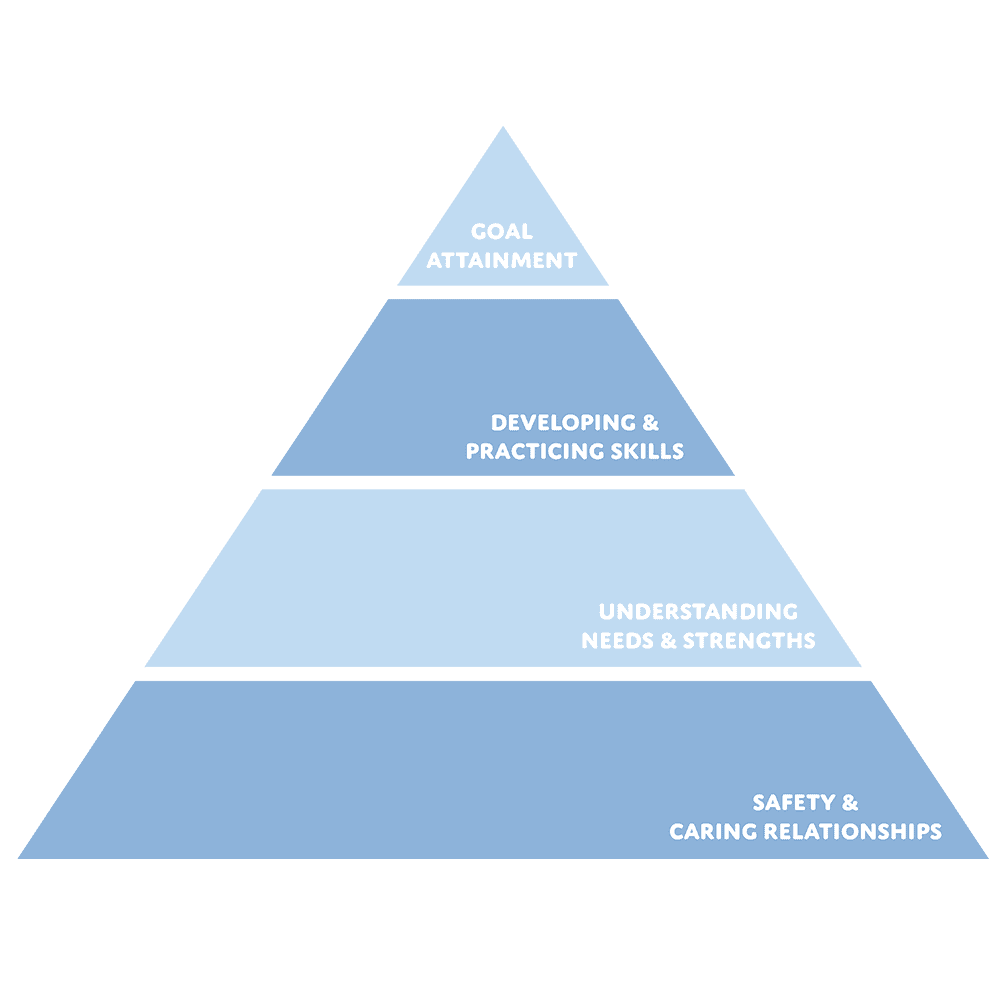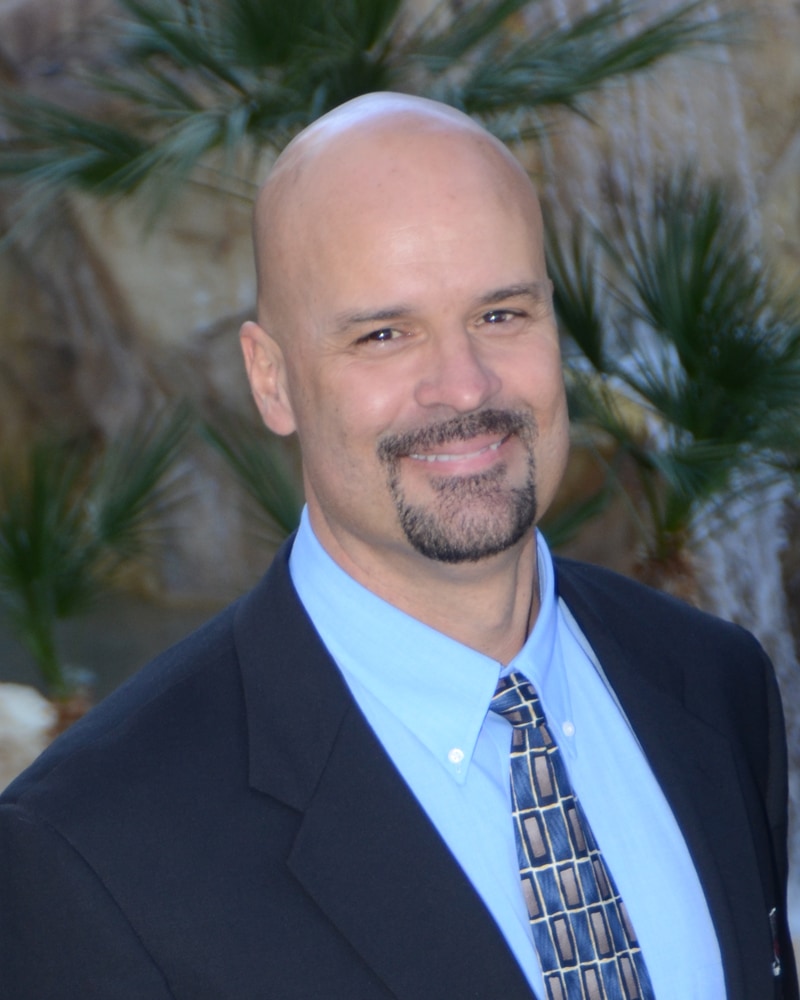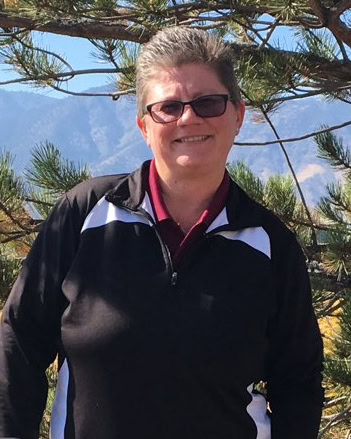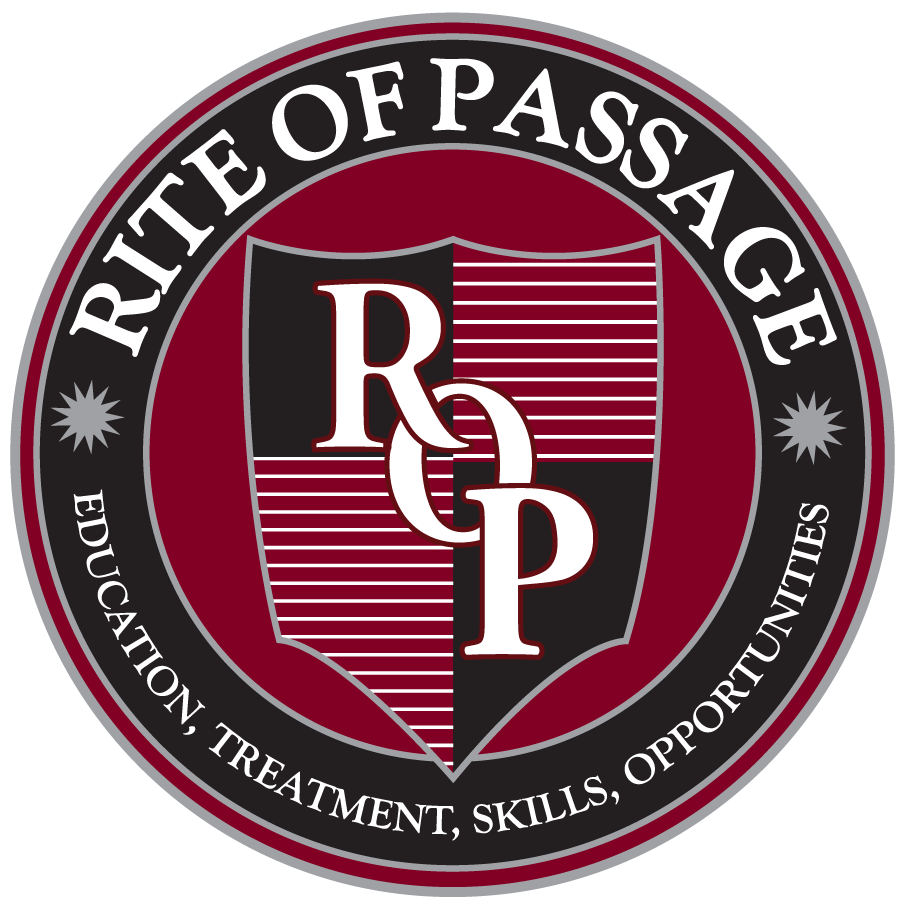About Us
History
The Qualfiying House program was established in 1990 as the second stage of Rite of Passage’s program for rehabilitating at-risk male youth. In the first stage of the program, youth were given a high school education under the framework of an experiencial program which offered unique opportunities for self-reflection and development through outdoor activities which included skiing, hiking, cycling, running and tennis.
When youth graduated from the first stage of this program, they would move to the “Qualifying House”– where they would learn the independent living and employability skills they would need to be successful in their home communities. Students of the Qualifying House completed their high school education while obtaining vocational certifications and part-time internships while living in a home where they learned independent life skills from qualified staff.
Today, the Q-House continues this tradition by focusing on independent living and employability skills. Youth enrolled at the Q-House are involved in the community through a diverse array of community service projects and events while learning the skills they will need to be successful, independent young adults.
Rite of Passage
The Q-House is operated by Rite of Passage, a leading National provider of evidence-based therapeutic and educational programs for youth. Rite of Passage provides a diverse continuum of care with evidence-based programs in education, youth shelter programs, family and community aftercare and intensive treatment for youth involved in the juvenile justice system.
For over 30 years, Rite of Passage has been improving the lives of youth. Through its work at the Q-House and other academy programs, Rite of Passage has developed the Integrated Care Model framework to articulate its program philosophy, methodology, and specific evidence-based practices.

THE INTEGRATED CARE MODEL
The Integrated Care Model is the framework for programming and services at the Q-House. Beginning with a foundation of safety, accomplished through caring relationships, qualified and trained staff, fosters a culture where students can learn.
Staff model pro-social skills, utilize the appropriate amount of empathy and provide youth with problem resolution skills. Assessments identify individual student needs and strengths and develop their intrinsic motivation for change.
Evidence-based cognitive behavioral interventions help students develop skills to overcome aggression, disruptive behavior, and heal from traumatic events in their lives. Since many of the students will return home, family involvement and treatment are provided at an appropriate intensity.
The normalized environment enables each student to develop and practice skills in the therapeutic, academic, vocational, health/wellness, family and community activities. Through these experiences, the student gains competencies and skills to attain Treatment Plan goals; then, new goals are established and the process of positive change is moved forward, creating a new vision and hope for the youth.
Meet Our Qualified Team

Lawrence Howell
Executive Director

Rudy Martinez
Director of Treatment Services

